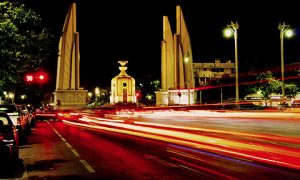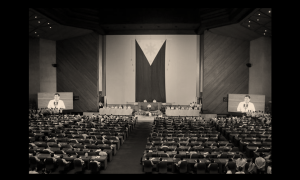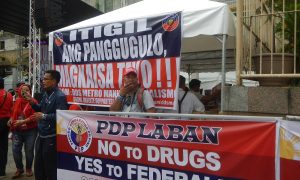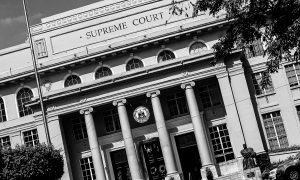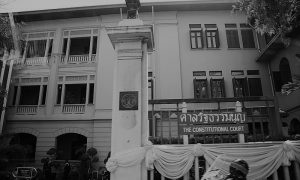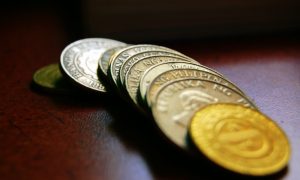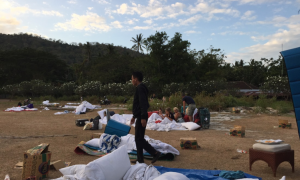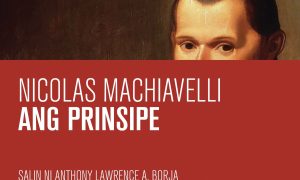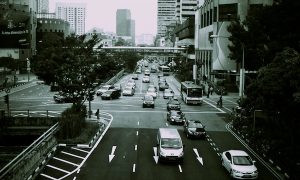Craig Reynolds overviews the contingent, context-dependent nature of academic freedom in Thailand.
Archives
The worst kind of charter change
What we learn about the federalism debate from scholars of Philippine law.
Philippines: in search of a constitutional moment
An analytical summary of the proposed federal structure of government.
Abusive judicial review in the Philippines
When formal institutions designed to enforce the constitutional order are weak, the Supreme Court may reprise its role as the enabler of authoritarianism.
Constitutional reform in the Philippines: cautionary tales from Thailand
In constitution making, process matters as much as content.
A colonial cross of gold: the roots of economic conservatism in the Philippines
On colonial legacies and austerity economics.
The fault lines between rich and poor in Lombok quake
Notes from a research trip interrupted by Indonesia’s most deadly earthquake in years.
Through Machiavelli’s eyes: on leaders, citizens, and Philippine politics
What are the challenges and lessons of translating Machiavelli’s ‘The Prince’ into Filipino?
The uses and abuses of Singaporean history
A falsified version of Singaporean history has found resonance among the conservative fringe in Latin America.
A New Malaysia? #3: reform roadblocks with Bridget Welsh & Shamsul AB
Two leading scholars on the ideological and institutional legacies Pakatan Harapan inherits from the BN regime.
‘Illegal migration’ in Arakan: myths and numbers
A look at historical census data yeilds little evidence of widespread illegal migration from Bangladesh.
 Facebook
Facebook  Twitter
Twitter  Soundcloud
Soundcloud  Youtube
Youtube  Rss
Rss 